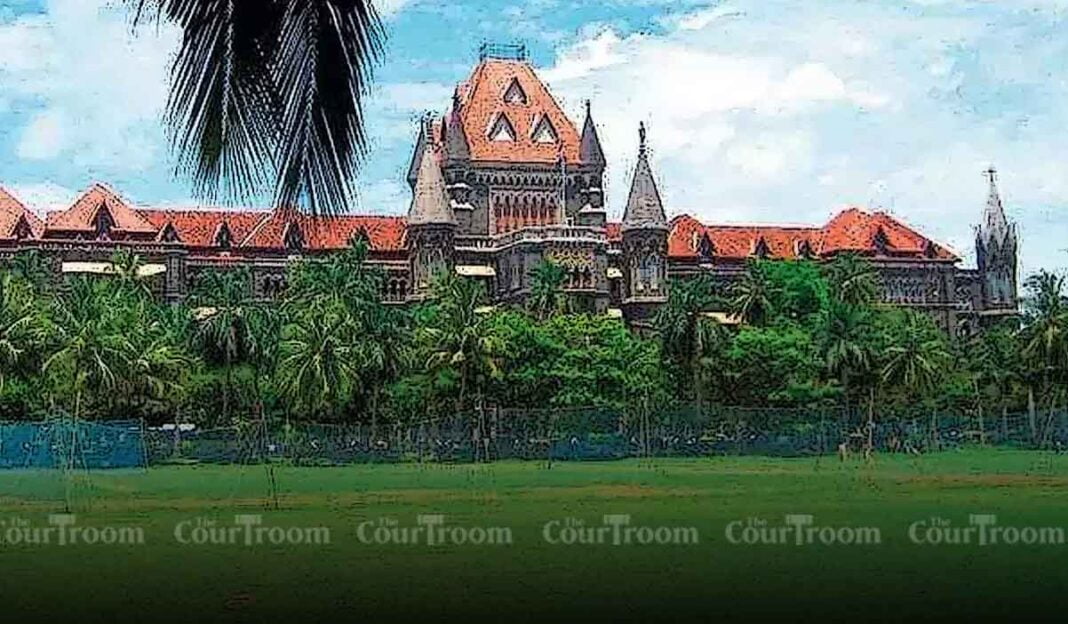Bombay High Court to Deliver Verdict on IT Rules 2023 and Fact-Check Units
The Bombay High Court has reserved its verdict on the challenge to the Information Technology (Intermediary Guidelines and Digital Media Ethics Code) Amendment Rules, 2023 (IT Amendment Rules 2023), specifically addressing the controversial Fact Check Units (FCUs). Justice AS Chandurkar is set to provide a tie-breaking opinion following a split verdict delivered earlier this year.
The IT Amendment Rules 2023, which amend the Information Technology (Intermediary Guidelines and Digital Media Ethics Code) Rules, 2021, were contested primarily for Rule 3, which grants the Central government authority to establish FCUs for identifying false online news.
Petitioners argue that these amendments exceed the powers granted under Section 79 of the Information Technology Act and violate Constitutional rights under Articles 14 and 19(1)(a) and (g), alleging that FCUs could lead to excessive state censorship and limit freedom of expression.
In January, Justices GS Patel and Neela Gokhale issued a split decision. Justice Patel sided with the petitioners, invalidating Rule 3, while Justice Gokhale upheld it. Consequently, Chief Justice of the Bombay High Court appointed Justice Chandurkar to resolve the impasse.
The petitioners, who concluded their arguments in April, contend that FCUs could facilitate governmental overreach by censoring discussion on non-governmental matters, and argue that the rule’s provisions could undermine the right to free speech by encouraging intermediaries to preemptively remove content.
Solicitor General Tushar Mehta defended the rule, asserting that FCUs aim to address misinformation related to government affairs and do not target criticism or satire. He argued that the rule’s chilling effect on free speech is justified if it addresses the spread of false news. Mehta emphasized that the process involves intermediaries and judicial review, not solely governmental authority.
The petitioners responded, emphasizing that FCUs might unnecessarily limit free speech and highlight the potential for intermediaries to act against their interests to avoid legal complications. They argued that the right to accurate information should be a citizen’s right, not a state-imposed mandate.
On August 1, SG Mehta also highlighted the risks of misinformation and the need for a fact-checking mechanism to mitigate threats, including those posed by individuals abroad who could incite violence within the country.
The High Court’s decision, which will be announced on August 27, is keenly awaited as it could impact the regulation of online content and the balance between state control and freedom of expression.
(With inputs from agency)
Share your news, articles, deals, columns, or press releases with us! Click the link to submit and join our platform today.


